Cadiz
Omar and Akiko entered a student cafe for pan, butter, strawberry jam and coffee. The place hummed with readers, writers, calculators, talkers and dreamers. Students checked their phones to tell time. They told time where to go. Silent time told them to eat faster and get their sweet ass to class. White gamma rays bathing the room sang through skylights.
I visited Ashiakawa on the island of Hokkaido one fall, said Omar. Speak memory, said Akiko. Beached summer red and yellow canoes were tied up for winter. Ducks and mallards rested on water. Women gathered leaf shadows along wide paths. At a Shinto temple on a small island an old brown structure imposed its sentinel protection. Sacred space.
There was a Tori gate, cement bridge and guardian lions in the small courtyard. Crows cackled. At the temple was a square stone basin of water with four wooden ladles resting on a crossbar. A single cup of water dipped and poured back into the basin created a visual ripple effect. A drop on the surface released a thousand colors as a golden and brown pebble bottom exploded. One drop created smooth colors before emptiness and stillness.

A visitor dropped single splashes. Ephemeral beauty. I inspected paper prayers and 1,000 white crane offerings fluttering near stone steps. Two women arrived at the water basin, drank deep, spat water out, walked up steps, clapped their hands three times, bowed in prayer, clapped three times, threw coins through wooden slots into the temple, clapped twice, walked down stone steps and threw remaining water on stone lions, laughed and crossed the stone bridge. Leaves floated reflection shadows in the world.
Akiko laughed, I don’t have a particular god.
The Dali Lama said the only true religion is one of love and kindness, said Omar.
I understand.
They walked to the Playa de la Caleta beach past a shit-covered statue of Simon Bolivar on his bronze horse singing his mercenary exploits in Panama, Venezuela, Peru, Cuba, and Bolivia. They felt sand below a blazing sun. Men in blue coveralls raked and shoveled trash into a wheelbarrow. Violent foaming wild southern flanks of green blue black sea smashed rocks. East water was calm.
Spanish women under umbrellas knitted gossip with bright red yarn. Memory cards captured digital coastlines, long human shadows and a solitary cane as an elderly person performed her rebirth in water transformation therapy.
She swam to Kampot, Cambodia and married a pepper farmer. She gave him twins named Alpha and Omega. She taught them Spanish and oral storytelling magic. They introduced her to orphanages and Zen meditation practice. She swam back to Cadiz to find her crutch. It was gone.
Tavia Tower next to the Music Conservatory displayed a 360-degree perspective with tight white Moorish cubist homes slanting into cupola cathedral spires tolling eternal songs.
Religion is larger than human existence because we promise eternal salvation, said a friar, a monk and adept Brahmin.
History’s ocean was vast, spectacular, sad and incomprehensible.
Akiko cried farewell. Waving into an empty blue sky Omar vanished in Islamic, Catholic, Buddhist, Hindu, Jewish and Shinto shadows. Akiko’s energy spirit, strength, freedom and dignity was a sweet memory called the past. Stable and fluctuating mirages.
Playing his Honer blues harp in the key of C he wandered deserted Cadiz noon streets singing about a train leaving the station with a red light on behind. Taking my baby away. All my love’s in vain.
Good love story said Tran.







 Share Article
Share Article 


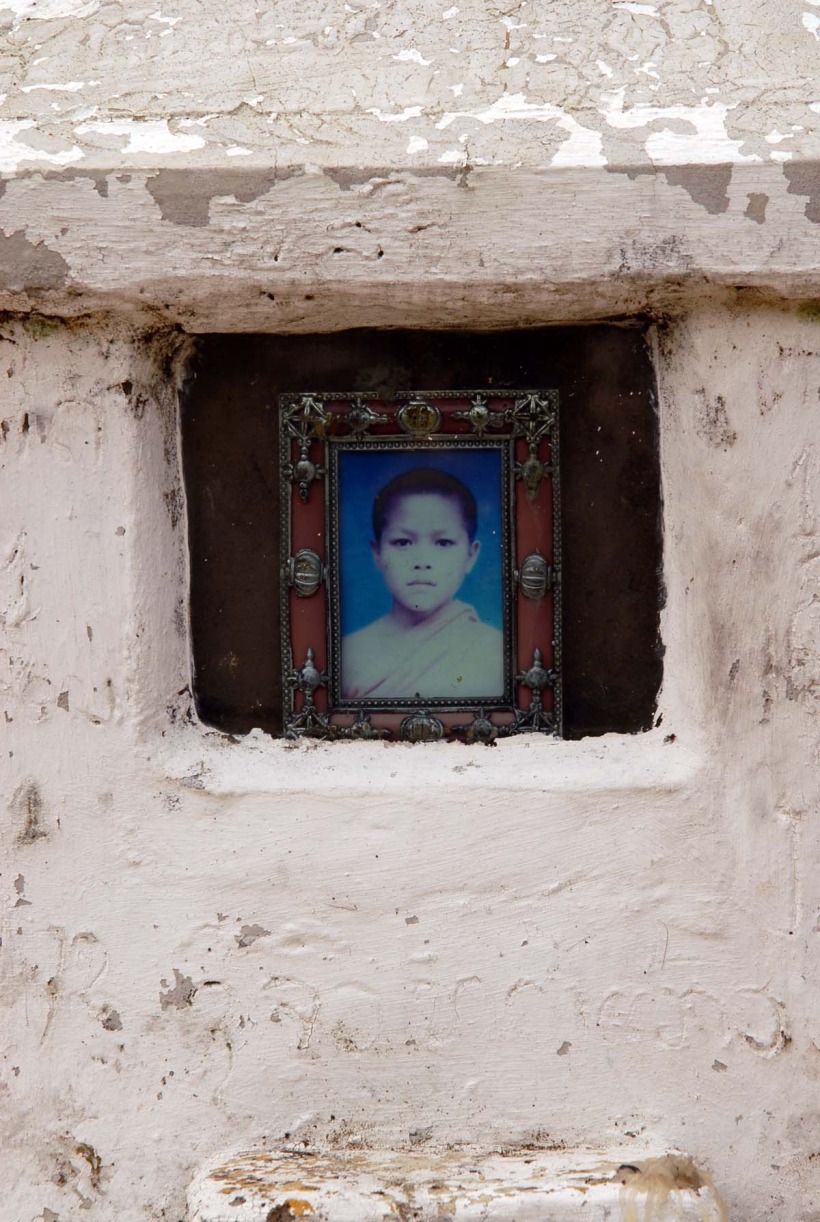

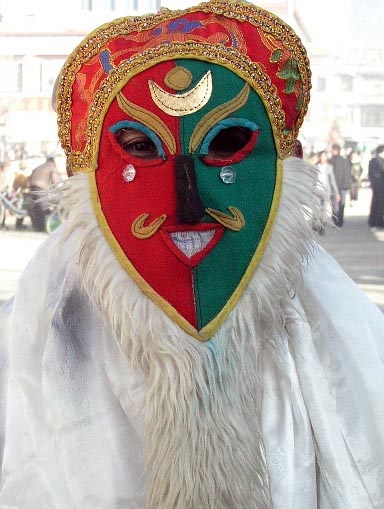
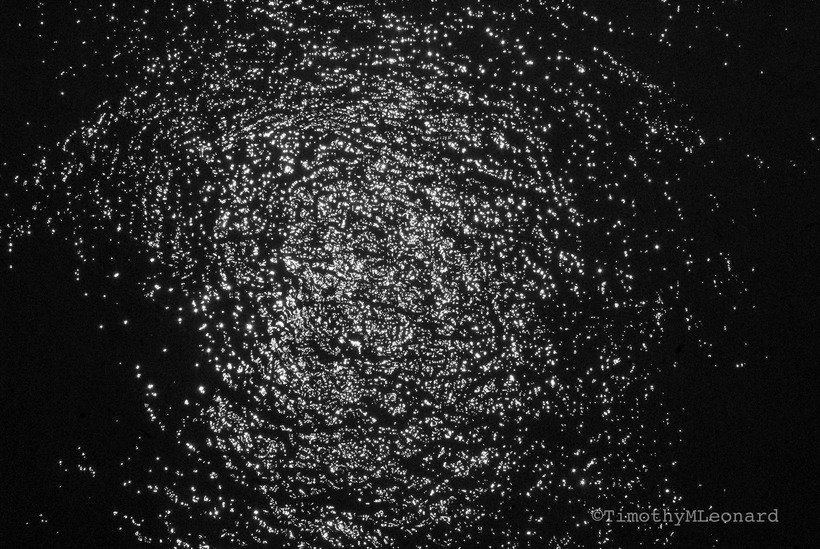
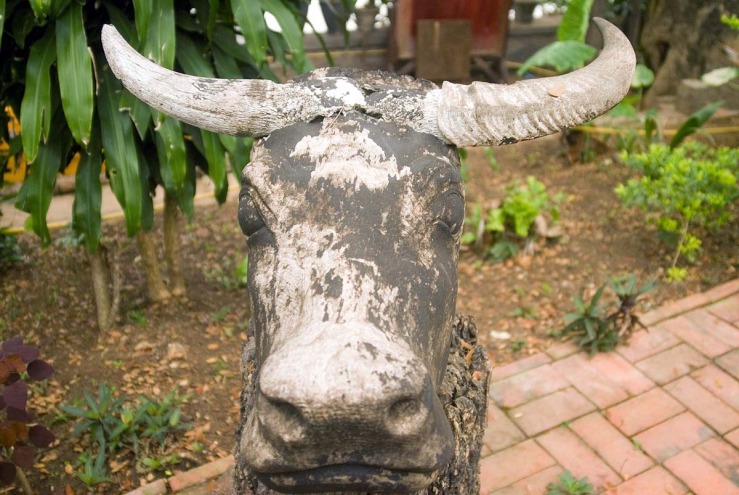
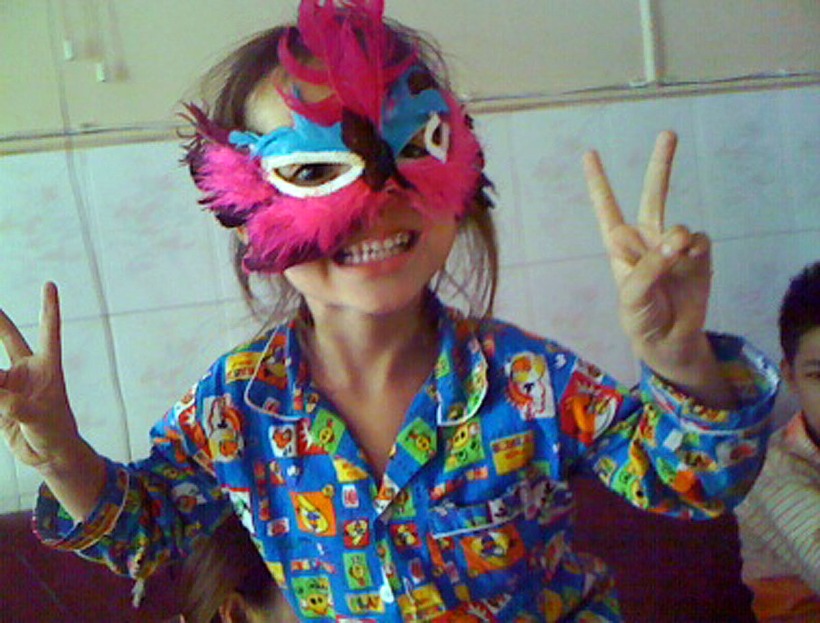
![Weaving A Life (Volume 1) by [Timothy Leonard]](https://m.media-amazon.com/images/I/517CcU3NQ1L.jpg)
